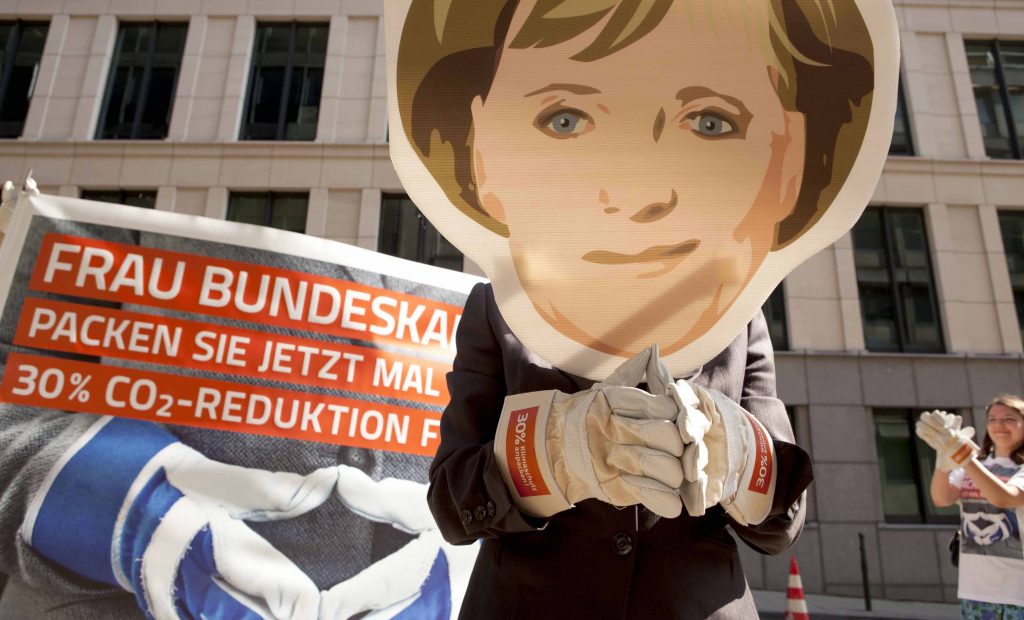The EU Summit, initially planned to discuss the purpose and effectiveness of the future €1 trillion EU Budget 2014-2020, was instead used to focus on a disputed attempt at a fiscal union and more quick fix bank bailouts – which to date have cost the tax payer over €4.5 trillion [1]. As governments put more money in irresponsible banks, they reduce their capacity to invest in a greener EU budget and economy.
A recent analysis commissioned by environmental NGOs has shown that spending at least 15% of the €1 trillion European budget on green sectors such as renewable energy, energy efficiency, nature conservation and sustainable transport, would triple the amount of jobs created in comparison to the job impact of current spending patterns [2].
Magda Stoczkiewicz, Director of Friends of the Earth Europe, said: “After the flop of the Rio+20 Earth Summit, leaders have shown again they do not intend to genuinely rebuild our economy in a sustainable way that stops it destroying the planet. Instead governments are planning to give more money to dirty projects via the European Investment Bank and to let subsidies for fossil fuels in the back door.”
Tony Long, Director of WWF European Policy Office, said: “EU leaders made a choice at this summit – they chose another financial crisis quick fix, by saving yet more banks, instead of rebuilding the economy for the long-term and developing a resilient EU budget where taxpayers’ money benefits citizens. That means higher spending for tangible environmental and social benefits, and not for old-fashioned business-as-usual subsidies.”
Nina Renshaw, Deputy Director at Transport & Environment, added: “It’s time to learn the lessons from past infrastructure spending. Building motorways and airports with EU money have not put Spain or Greece on the path to growth. Europe must do better, and demand that transport spending contributes to cutting Europe’s €300 billion annual oil import bill, as well as creating sustainable jobs.”
Ariel Bruner, Head of EU Policy at BirdLife, said: “It is shocking that at a time of austerity European leaders are accepting the massive wastage in the EU Budget and are not ready to discuss a re-orientation of spending toward building a more sustainable and prosperous society”.
ENDS
[1] Between October 2008 and October 2011, the European Commission approved €4.5 trillion (equivalent to 37% of EU GDP) of state aid measures to financial institutions:http://europa.eu/rapid/pressReleasesAction.do?reference=IP/12/570&format=HTML&aged=0&language=EN&guiLanguage=en[2] Investing for the future – More jobs out of a greener EU Budget, 2012
This statement is from WWF, Transport & Environment, Friends of the Earth Europe, and Birdlife.







